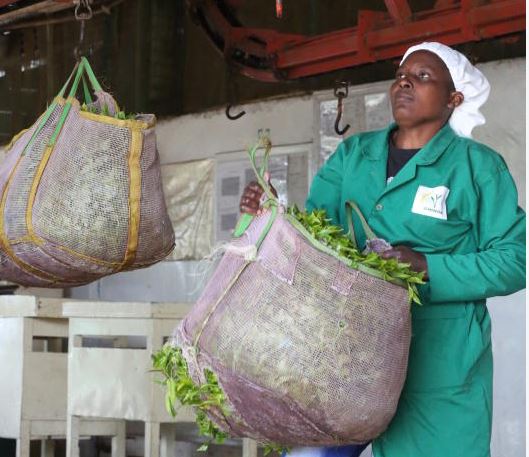×
The Standard e-Paper
Smart Minds Choose Us

Tea farmers in Mt Kenya region are unhappy with reports that their annual bonus payments will drop by more than Sh10 compared to what they earned last year.
Kenya Tea Development Authority (KTDA) chairman Peter Kanyago said this year’s payout would on average be 30 per cent lower.